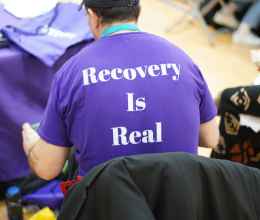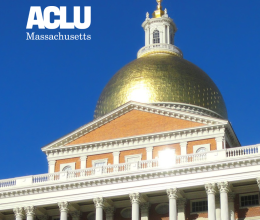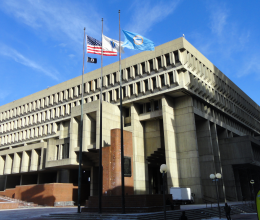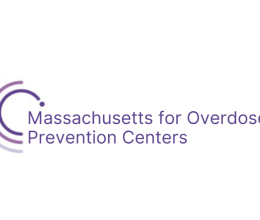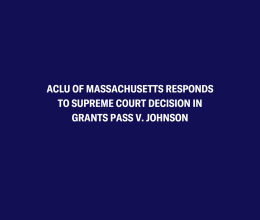
Rahsaan Hall, the director of the ACLU of Massachusetts’ racial justice program and “What a Difference a DA Makes” campaign manager, today released the following statement in response to the Massachusetts primary elections for district attorney:
“For the first time in 36 years, voters in five Massachusetts DA districts face a choice this fall. Today’s voter turnout – from Boston to the Berkshires – shows that when voters are given a real choice on the ballot and given the information they need about candidates’ records and positions, they will get involved and show up at the polls. We’re proud that the ‘What a Difference a DA Makes’ campaign has contributed to a meaningful conversation about the enormous power DAs wield and how best to hold them accountable to the communities they serve. But the work doesn’t stop with the primary election: Again in November, voters will have the opportunity to send a clear message of support for a criminal legal system that works for everyone.”
Background:
A poll released by the ACLU of Massachusetts last summer showed that voters have limited knowledge of district attorneys’ power, budgets, and accountability. Nearly four-in-ten Massachusetts voters (38 percent) did not know that district attorneys are elected and accountable only to voters. After hearing facts and messages about the every day impact district attorneys can have on individual lives and in communities, 81 percent of voters said they are more likely to pay attention to their local district attorney race.
The “What a Difference a DA Makes” campaign is a first-of-its-kind voter education campaign launched last winter by the ACLU of Massachusetts. While the ACLU does not endorse or oppose candidates for office, the campaign set out to inform voters about the role of district attorneys, the candidates’ views and records, and the key civil liberties and civil rights issues at stake in this election.
As part of the voter education campaign, the ACLU of Massachusetts worked together with a network of partner organizations to address the issues in the race. Since its official launch, the campaign has engaged in voter education and mobilization efforts, including candidate debates and forums in contested districts, public education events, court watch trainings, digital outreach, door-to-door canvassing, and phone banks.
